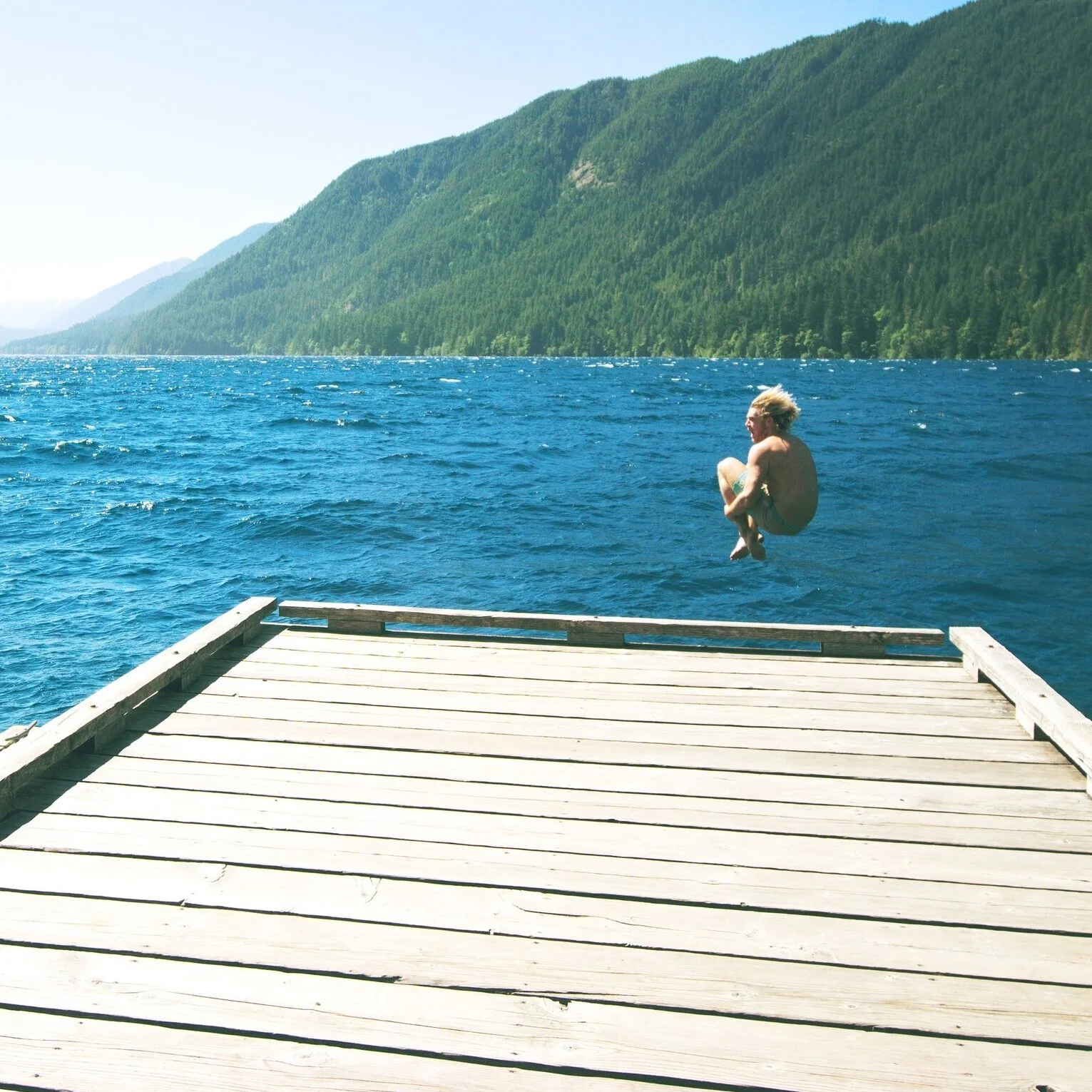Why camp?
Since leaving my job two years ago for a solo writing and consulting practice, I’ve practiced finding tranquility. Living with the unknown. Slowing down.
In my life B.Q.—before quitting—I never sat still, or was quiet, for long. Except when I had moving water in my sights.
I could set up camp for the day. With a few hardboiled eggs and a sleeve of Saltines, I could do nothing until dusk. But then I’d have to go home. Always, despite such glory, I felt deprived.
Camping—and gratitude—came to me later in life.
After college, and between my marriages, guys with gear would take me into the woods. But it was hard to zone out in the middle of nowhere, on hard ground, with someone I barely knew. And we’d be dirty.
For the next few decades, I traveled mostly for business. I took my few vacations where there were beds.
But these days, I pack my tent and the dog. I bring just what I need to eat simply and sleep well.
For quieting the monkey mind, there’s nothing better than camping.
Camping forces mindfulness. The psychic cost of misplacing things is just too great. At dusk, I need the headlamp. At sunrise, do not make me search for the lighter, to start the jet boil, to make the coffee. Once I know where all my stuff is stowed, I can stow my butt in the hammock and feel peace.
It reinforces simplicity. Camping shows me how little I need to be content. A few utensils. A thermos for that instant coffee. A bag to keep things cold. Dog food, water, boom. After every trip, I go home and hand over more of my extraneous possessions to the rescue mission.
Even subsistence tasks bring joy. When I was teaching myself to camp, it was hard work just to set up and break down my tent. On my most recent trip, I noticed that the stakes drive down differently into each site’s soil. And that my sleeping bag puffs back up so pretty, when set free from its tight little sack. (And, yes, so do I.)
Ah, but what’s to be done when you can’t get into the woods alone? When your bed feels like the Titanic, and the guy on deck with you snores?
Perhaps try this:
Eat really simply for a few days, as a reminder that you can.
Lie down on the hard ground somewhere.
Soon, you’ll be grateful for the cotton sheets and down pillow you have at home.
Or think of Seneca, the great Stoic, who said this:
“No person has the power to have everything they want, but it is in their power not to want what they don’t have, and to cheerfully put to good use what they do have.”
You can read more about the ancient art of Stoic joy in this in this book—A Guide to the Good Life—by William B. Irvine.
Then go—get outside!




